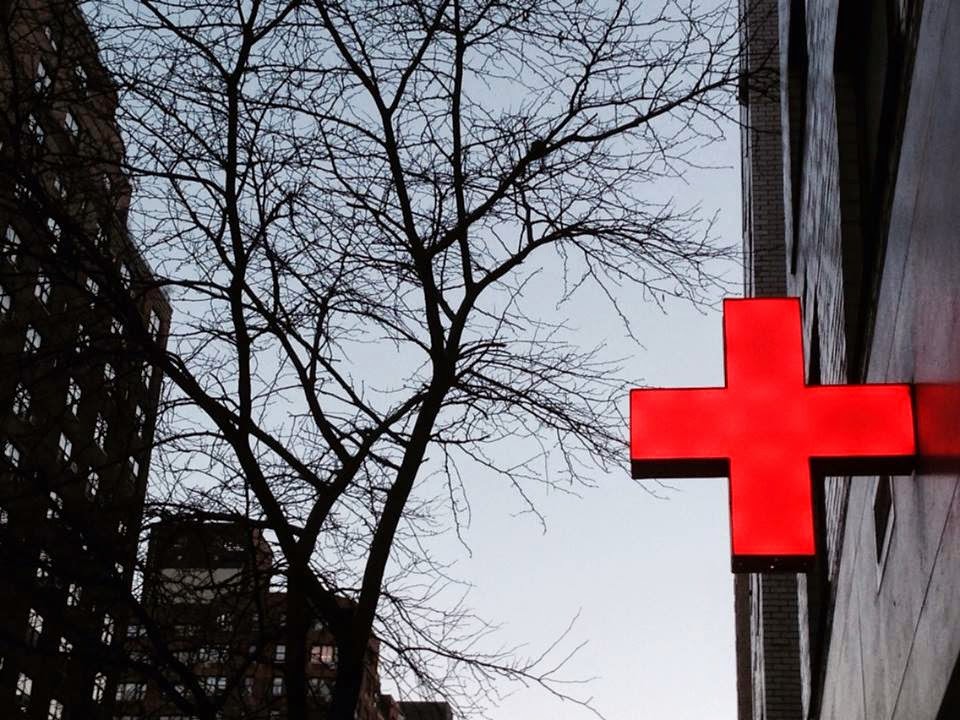(In which the nineteenth-century novelist valiantly attempts to rally the spirits of friend and essayist Grace Norton.)
According to the recently released compendium Letters of Note: An Eclectic Collection of Correspondence Deserving A Wider Audience (first published within the U.S. earlier this month and sensitively compiled by British blogger Shaun Usher), James was likely still reeling from the passing of both his parents upon his hearing from Norton. She had contacted the author, searching for direction, having been deeply effected by a similar loss to her family. Most famously known for 1881's The Portrait of a Lady, James is accredited with infusing stark realism into his many works of narrative fiction, and here he speaks with the clarity and pragmatism that comes from experience. It is almost eerie how vividly his voice still carries. I recommend turning your attention to this stirring note of counsel ---if not also to the above publication, a remarkable trove of dispatches to and from historic figures who, through the application of words, manage to enlighten, amuse, astound, enthrall. - L.S.
 |
| Henry James (National Portrait Gallery) |
131 Mount Vernon St.,
Boston
July 28th
My dear Grace,
Before the sufferings of others I am always utterly powerless, and the letter you gave me reveals such depths of suffering that I hardly know what to say to you. This indeed is not my last word---but it must be my first. You are not isolated, verily, in such states of feeling as this---that is, in the sense that you appear to make all the misery of mankind your own; only I have a terrible sense that you give all and receive nothing---that there is no reciprocity in your sympathy---that you have all the affection of it and none of the returns. However---I am determined not to speak to you except with the voice of stoicism.
I don't know why we live---the gift of life comes to us from I don't know what source or what purpose; but I believe we can go on living for the reason that (always of course up to a certain point) life is the most valuable thing we know anything about and it is therefore presumptively a great mistake to surrender it while there is any yet left in the cup. In other words consciousness is an illimitable power, and though at times it may seem to be all consciousness of misery, yet in the way it propagates itself from wave to wave, so that we never cease to feel, though at moments we appear to, try to, pray to, there is something that holds one in one's place, makes it a standpoint in the universe which is probably good not to forsake. You are right in your consciousness that we are all echoes and reverberations of the same, and you are noble when your interest and pity as to everything that surrounds you, appears to have a sustaining and harmonizing power. Only don't, I beseech you, generalize too much in these sympathies and tendernesses---remember that every life is a special problem which is not yours but another's, and content yourself with the terrible algebra of your own. Don't melt too much into the universe, but be as solid and dense and fixed as you can. We all live together, and those of us who love and know, live so most. We help each other---even unconsciously, each in our own effort, we lighten the efforts of others, we contribute to the sum of success, make it possible for others to live. Sorrow comes in great waves---no one can know that better than you---but it rolls over us, and though it may almost smother us it passes and we remain. It wears us, uses us, but we wear it and use it in return; through a darkness in which I myself in my ignorance see nothing but that you have made wretchedly ill by it; but it is only a darkness, it is not an end, or the end. Don't think, don't feel, any more than you can help, don't conclude or decide---don't do anything but wait. Everything will pass, and serenity and accepted mysteries and disillusionments, and the tenderness of a few good people, and new opportunities and ever so much life, in a word, will remain. You will do all sorts of things yet, and I will help you. The only thing is not to melt in the meanwhile. I insist upon the necessity of a sort of mechanical condensation---so that however fast the horse may run away there will, when he pulls up, be a somewhat agitated but perfectly identical G. N. left in the saddle. Try not to be ill---that is all; for in that there is a future. You are marked out for success, and you must not fail. You have my tenderest affection and all my confidence.
Ever your faithful friend---
Henry James
PERSONAL ASIDE: My father and I do not communicate much on matters of delicate nor profound concern, yet, just when I had become convinced that my lingering melancholia and obsessive-compulsive patterns were inappreciable to even my most immediate family, he altered me to this text, leaving his copy of Mr. Usher's book open to the letter above. No stranger to dark moods himself, he reminded me with one modest gesture that he is a sympathetic and kindred spirit. Lesson being, never underestimate others (or, as James himself admonished, "don't [...] generalize too much").






































